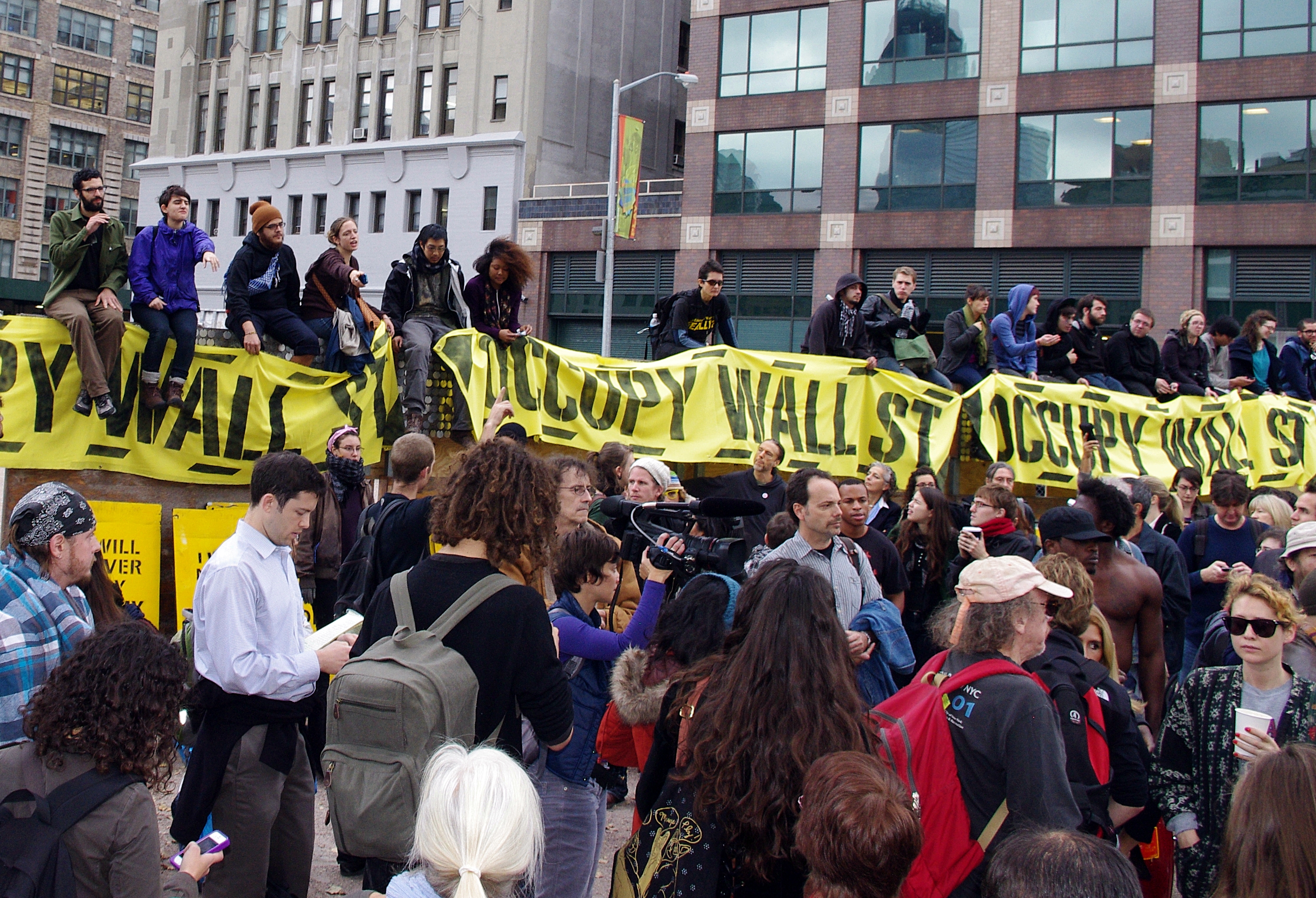
WallStreetBets Reveals Big Lie at Heart of US Economic System
The United States has long prided itself on the superiority of its economic system because of democracy, freedom and free markets. Increasingly, however, that is being exposed as a big lie.
Main Street being fleeced by Wall Street has a long and distinguished pedigree in the United States.
In a well-known story from “Where are the Customer’s Yachts?” – Fred Schwed’s classic book on Wall Street based on his experience in the 1929 stock market crash – a visitor to New York who, when shown the yachts of the bankers and brokers, innocently asked where all the customers’ yachts were.
Of course, none of the customers could afford yachts, even though they dutifully followed the advice of their Wall Street financial gurus.
According to an analysis published by The Motley Fool in 2014, Morgan Stanley’s financial advisory division brought in $14 billion of revenue with Bank of America Merrill Lynch at $17.7 billion and JPMorgan Chase at $11.2 billion.
On that basis, the revenue generated by the stockbrokers and financial advisers alone would create the 53rd-largest company listed on the S&P 500.
However, beyond the scale of the fees charged to retail investors, this analysis also cites a study by IBM, which discovered that global financial advisers do not deliver the expected financial results for the handsome fees they charge.
While innovations like index funds pioneered by Vanguard in 1976 and ETFs (exchange-traded funds) have reduced consumer fees, the gap between privileged insiders and ordinary investors has remained and even become more painfully acute.
Thus, we can see that the Reddit WallStreetBets saga dominating the news cycle today is just the latest chapter in a long-running story of American individuals and households being taken advantage of by Wall Street investment houses. But this is also a story of deception and exploitation of ordinary Americans on a deeper and broader scale of which financial investing is only one facet.
Over the past few decades, economic and political power in the United States has become increasingly concentrated in the hands of a small elite. As this happened, the basis on which wealth was created also has been transformed.
Once, wealth was created in America by making and selling things – whether shoes, furniture or steel. And these activities enabled a broad-based and equitable sharing of prosperity. But today wealth is created financially – through rising asset prices, whether those assets are real estate, stocks or other financial assets.

The confluence of a concentration of power and shift to capital gains as the primary source of wealth creation has led to the creation of monopolies in all the critical resources needed to live in the United States.
As a result, most people in the United States have been reduced to a state of peonage or involuntary servitude to satisfy the demands of the elite monopolists. For example, approximately two-thirds of an average American’s income goes to paying economic rents in the FIRE sector (finance, insurance and real estate).
And, as asset prices rise and these monopolies increase their ability to extract further economic rents, so do the fixed costs of ordinary Americans and the economic pressure they face.
Once these developments are brought to light, one can see how the WallStreetBets movement, the rise of Trumpism and the Jan. 6 storming of the Capitol, and the Occupy Wall Street movement are all connected.
All of these events are populist uprisings against the depredations imposed by the system’s entrenched overlords. But, the bifurcation between the haves and the have-nots also has an important age component. According to Scott Galloway, NYU Stern School of Business professor: “Wealth of people under the age of 40 as a percentage of total wealth has gone from 19 percent to 9 percent in the last 30 years…People are fed up with the financial-industrial complex, which favors the already-rich and people over the age of 40.”
As a generation that was born digital, they have been able to weaponize the tools of social media for political as well as social ends and this has been the backbone that empowers both the GameStop short squeeze and political events such as the storming of the U.S. Capitol on Jan. 6.
However, perhaps the most damning result of this saga has been its delegitimizing effect on the belief in the efficiency and equitable nature of U.S. capital markets, one of the core myths supporting the belief in the superiority of the American system.
As Fred Schwed humorously noted in his story about the (lack of) customers’ yachts, this inequity is not new. But just like the centuries-long mistreatment of Black Americans, it has exploded in the public consciousness at a time ripe for change. And supercharged by a social media-powered generation the changes it unleashes may be far-reaching and long-lasting.
Americans have long been indoctrinated, and some might say “brainwashed,” about the virtues of American values, freedom, democracy and free markets. However, events such as the Great Financial Crisis and the COVID-19 pandemic have shown the severe limitations of U.S.-style democracy in meeting the needs of its citizens.
And now the shortcomings of the capital market complex and the plight of many ordinary Americans who have become little more than modern-day serfs have taken center stage. As the big lie at the heart of the American economic system is exposed and a younger generation discovers new ways to fight back, perhaps change is on the way.
Andy Mok is a Senior Research Fellow at the Center for China and Globalization and Geopolitics Professor at Beijing Foreign Studies University.
 Facebook
Facebook
 Twitter
Twitter
 Linkedin
Linkedin
 Google +
Google +










